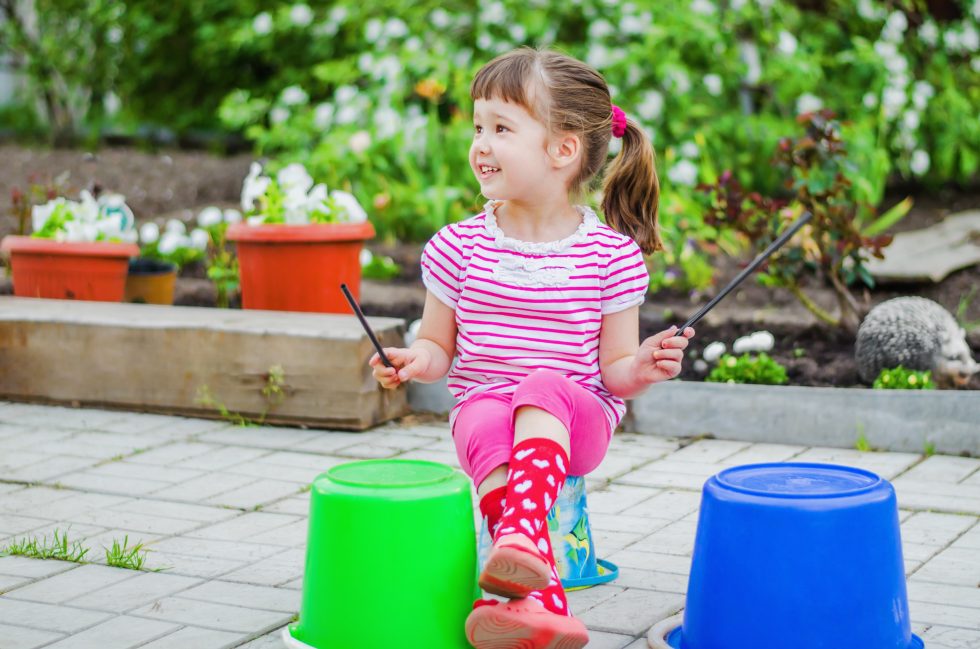
Top 15 Bedtime Story Books for Young Children
Bedtime stories are a cherished tradition in many families. They not only help children wind down before bed but also play a crucial role in child development, aiding in language acquisition, emotional intelligence, and critical thinking skills. Here are 15 beloved bedtime stories perfect for young children, complete with the age group they are best suited for and tips to make reading them even more enjoyable.

1. Where's Spot? by Eric Hill
Age: 0-3 years
This lift-the-flap book invites toddlers to join in the search for Spot the dog. Simple text and interactive flaps encourage language development and motor skills.
Tip: Use a playful voice to ask "Where's Spot?" and encourage your child to lift the flaps themselves to build motor skills.

2. The Tiger Who Came to Tea by Judith Kerr
Age: 2-5 years
This delightful tale of Sophie and her unexpected guest, a hungry tiger, sparks imagination and conversation about hospitality and sharing.
Tip: Use different voices for Sophie and the tiger, and pretend to sip tea and eat cake along with the characters.

3. Owl Babies by Martin Waddell
Age: 2-4 years
Three baby owls wake up to find their mother gone. A heartwarming story that addresses separation anxiety and reassures children of their parents' return.
Tip: Use a soft, comforting voice, especially when the owl mother returns, to reassure your child just like the baby owls are reassured.

4. Goodnight Moon by Margaret Wise Brown
Age: 1-4 years
A soothing bedtime classic, featuring a quiet poetry that helps children wind down. Its rhythmic, gentle words are perfect for lulling toddlers to sleep.
Tip: Whisper the story to create a calm atmosphere, and point out the small changes in the room as the pages turn.

5. The Very Hungry Caterpillar by Eric Carle
Age: 1-3 years
Follow the journey of a caterpillar transforming into a butterfly. This story teaches counting, days of the week, and the lifecycle of butterflies.
Tip: Use a fun voice to mimic the caterpillar's eating sounds, and help your child count the foods with their fingers.

6. Guess How Much I Love You by Sam McBratney
Age: 2-5 years
Little Nutbrown Hare and Big Nutbrown Hare show their love for each other, offering a sweet way to end the day with expressions of love.
Tip: Make it interactive by mimicking the actions of Little Nutbrown Hare and Big Nutbrown Hare, stretching arms wide and hopping high.

7. Stick Man by Julia Donaldson
Age: 3-7 years
Stick Man lives in the family tree with his Stick Lady Love and their stick children three. One day, Stick Man is carried away by a dog eager to play fetch and embarks on an adventurous journey back to his family tree. This tale is not only about adventure but also resilience and the importance of family.
Tip: Use different voices for each character Stick Man encounters, and highlight the repetitive phrases to get your child involved in chanting along, which enhances their rhythmic language skills.

8. The Gruffalo by Julia Donaldson
Age: 3-6 years
A mouse uses clever tricks to evade danger in the woods. It's a fun story that encourages strategic thinking and bravery.
Tip: Use a deep, gruff voice for the Gruffalo and a tiny, clever voice for the mouse, to emphasise their differences.

9. Dear Zoo by Rod Campbell
Age: 2-4 years
This lift-the-flap book about a child requesting a pet from the zoo teaches animal recognition and the adjectives describing them.
Tip: Act surprised each time an animal is revealed under the flap, and ask your child which animal they would like to send back.

10. We're Going on a Bear Hunt by Michael Rosen
Age: 3-5 years
Join a family's adventure to find a bear. This story encourages physical activity and teaches prepositions and sensory details.
Tip: Use hand gestures and body movements to mimic the family's actions through the swishy grass and squelchy mud.

11. Brown Bear, Brown Bear, What Do You See? by Bill Martin Jr. and Eric Carle
Age: 1-3 years
A repetitive pattern text that introduces colours and animals, this book is perfect for teaching early predictive and reading skills.
Tip: Encourage your child to mimic the animal sounds and use a questioning tone to keep them engaged.

12. The Snail and the Whale by Julia Donaldson
Age: 3-7 years
This tale of an adventurous snail who hitches a ride on the tail of a whale is a story of friendship and exploring the big wide world. It teaches themes of courage, collaboration, and the importance of home.
Tip: Use a slow, dreamy voice for the snail and a deep, sonorous voice for the whale, illustrating the contrast in their sizes and personalities.

13. Lost and Found by Oliver Jeffers
Age: 2-5 years
In this heartwarming story, a boy finds a penguin at his doorstep and decides they must be lost, so he sets out on a journey to help the penguin find its way home. The tale beautifully captures themes of friendship and the joy of helping others.
Tip: Bring the characters to life with expressive storytelling, and discuss the emotions of the boy and the penguin with your child to enhance their empathy skills.

14. Peek-A Who? by Nina Laden
Age: 0-3 years
This engaging, simple book uses rhyming and colourful pages to hold the attention of the very young, enhancing their guessing and cognitive skills.
Tip: Build anticipation with a playful, mysterious tone before revealing each page, encouraging giggles and interaction.

15. The Rainbow Fish by Marcus Pfister
Age: 3-6 years
A beautiful fish learns the joy of sharing. This story offers a valuable lesson on friendship and happiness.
Tip: Use a shimmering, magical tone when describing the Rainbow Fish’s scales, and discuss the importance of sharing with your child.
These stories, along with the tips for making them come alive, not only help establish a bedtime routine but also foster a love of reading and provide important life lessons. Enjoy these magical reading moments with your child each night!
Disclaimer: This post contains affiliate links. If you click on these links and make a purchase, Arc Pathway may receive a commission at no extra cost to you. This helps support the blog and allows us to continue to create free content. Thank you for your support!
Further Reading
Get in Touch
Have any questions?
We’d love to hear from you!





